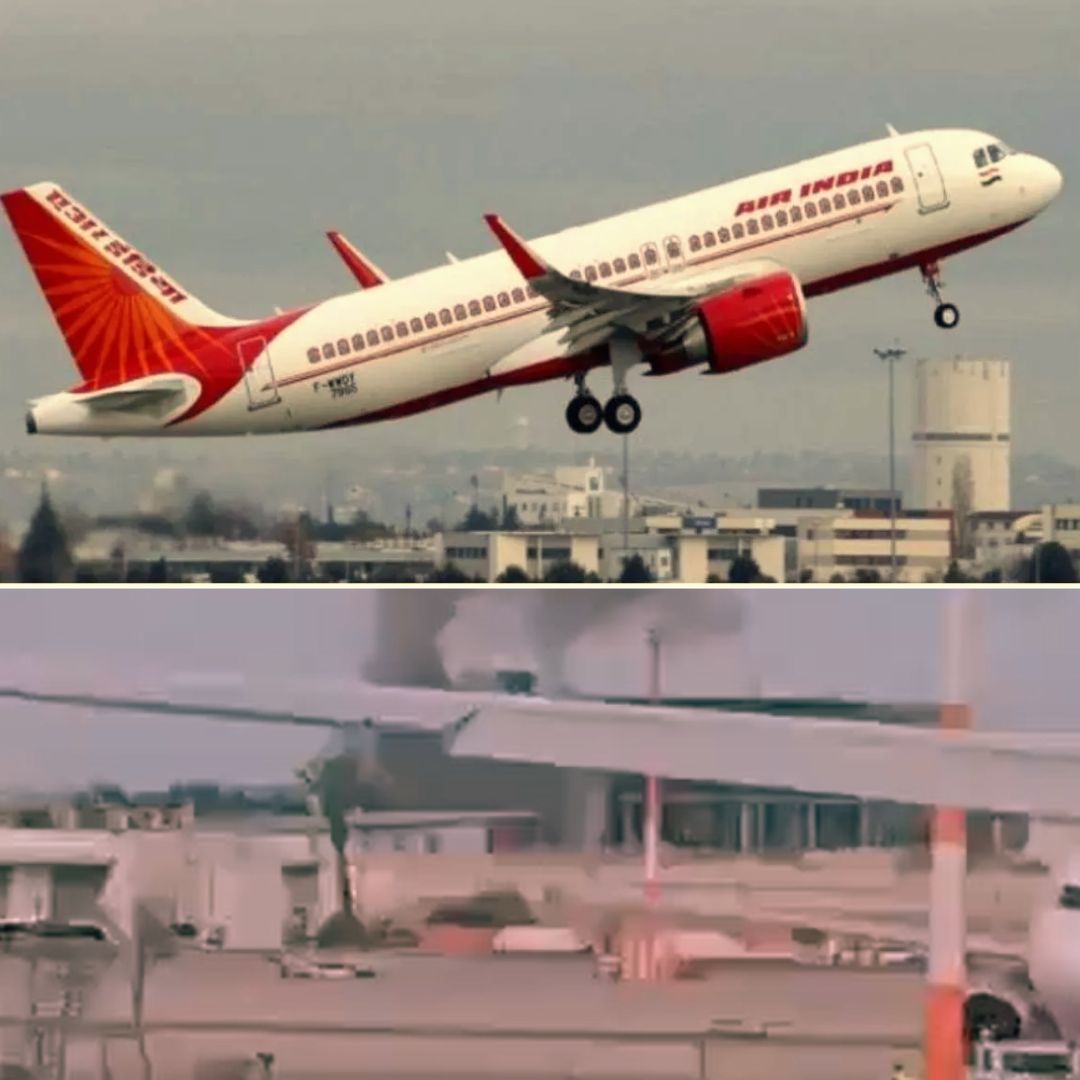On May 4, 2025, Air India flight AI139, travelling from Delhi to Tel Aviv, was diverted to Abu Dhabi after a missile launched by Yemen’s Houthi rebels struck near Israel’s Ben Gurion Airport. The missile caused injuries to eight people and temporarily halted airport operations, prompting Air India to suspend all flights to and from Tel Aviv until May 6 for safety reasons.
Other major international carriers, including British Airways and Lufthansa, also announced flight suspensions amid growing security concerns. Israeli Prime Minister Benjamin Netanyahu vowed strong retaliation against the Houthis and Iran, while Iranian officials warned of consequences if attacked. The incident has escalated tensions in the already volatile Middle East region.
Flight Diversion and Suspension of Services Amid Rising Security Concerns
The missile attack occurred less than an hour before Air India’s Boeing 787 was scheduled to land at Ben Gurion Airport, Israel’s primary international gateway. The flight, already in Jordanian airspace, was safely diverted to Abu Dhabi International Airport, where passengers disembarked before the aircraft returned to Delhi.
Air India promptly announced the suspension of all flights to and from Tel Aviv until May 6, citing passenger and crew safety as paramount. The airline is offering affected passengers the option to reschedule flights or receive full refunds.
British Airways followed suit, suspending flights until May 7, while Lufthansa and Swiss International Air Lines also halted operations to Tel Aviv until May 6. The coordinated suspension by multiple carriers reflects widespread concern over the security situation and the risk posed to civilian air travel in the region.
Escalating Regional Conflict
The missile was fired by the Iran-backed Houthi militia in Yemen, landing within the perimeter of Ben Gurion Airport. The attack injured eight people, damaged a road and a vehicle near the airport, and caused a temporary shutdown of airport operations.
Despite Israel’s deployment of advanced missile defence systems, including THAAD and Arrow interceptors, the missile was not successfully intercepted, marking a significant escalation in the conflict. Israeli Prime Minister Benjamin Netanyahu condemned the attack and promised retaliatory strikes against the Houthis and their Iranian backers, describing the incident as a direct threat to Israeli sovereignty and civilian safety.
Iranian officials responded with warnings of potential countermeasures should Iran or its allies be attacked. The United States reaffirmed its commitment to supporting Israel and countering Houthi threats in the Red Sea. The Houthis justified their attack as retaliation for Israeli actions in Gaza, urging airlines to reconsider flights to Tel Aviv due to security risks.
The Logical Indian’s Perspective
This alarming incident starkly illustrates how geopolitical conflicts extend beyond military targets, directly endangering civilian lives and disrupting everyday activities such as international travel. The diversion of a commercial flight and suspension of multiple airlines’ services underscore the human cost of ongoing hostilities in the Middle East.
The Logical Indian believes that lasting peace can only be achieved through dialogue, empathy, and mutual understanding rather than military escalation. We urge all stakeholders to prioritise humanitarian concerns and work towards de-escalation to protect innocent civilians caught in the crossfire.
How can the global community better support peaceful negotiations and ensure the safety and dignity of those affected by such conflicts? We invite our readers to share their thoughts and ideas on fostering harmony in troubled regions.
🚨 IMPORTANT BREAKING#AirIndia flight AI-139 to #TelAviv DIVERTED to #AbuDhabi after #Houthi Missile Attack.
— Mahalaxmi Ramanathan (@MahalaxmiRaman) May 4, 2025
— Flight landed SAFELY.
— All passengers SAFE.
— All #TelAviv flights SUSPENDED till May 6#Israel 🇮🇱 #Yemen 🇾🇪 #Houthis 🏴🏴☠️🏴 pic.twitter.com/rkH762nLtf











